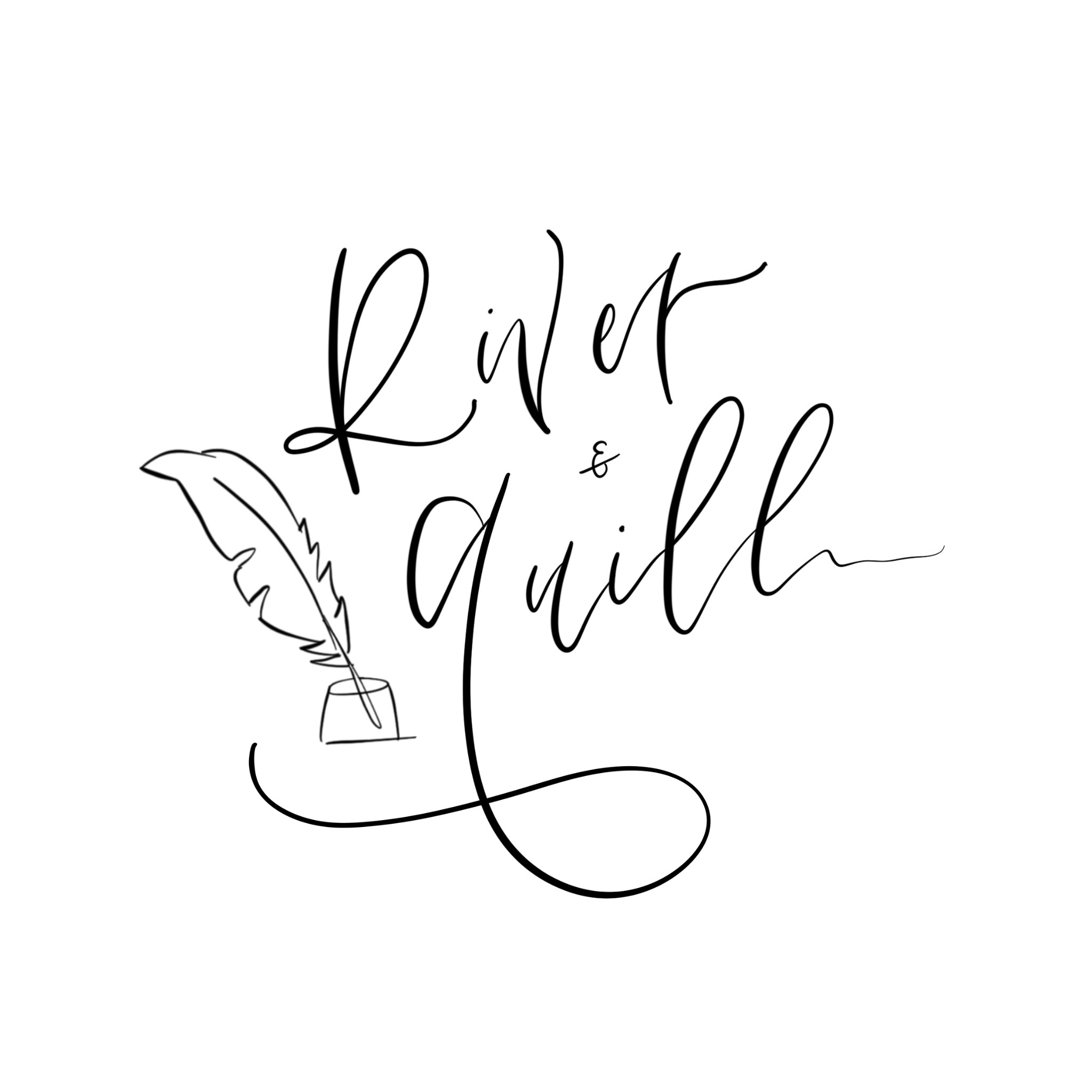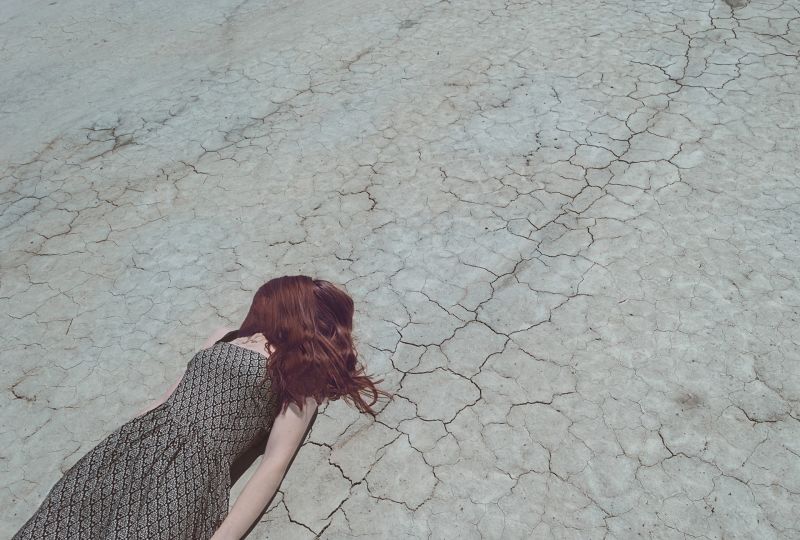I recently asked all of you what you wanted to hear more about over here on River and Quill and you told me anxiety and depression, so here we go! Let’s discuss the joy killing, life stealing duo, shall we?
Before we begin, though, I have read some comments on my Instagram posts about thoughts of self-harm. If this is you, a blog post is not going to help you as much as calling this number: 1-800-273-8255 or getting some immediate help. You shouldn’t have to navigate such intense emotions on your own, and the good news is you don’t have to.
When I discuss anxiety and depression, it’s easy to look back at them within the confines of my illness, but friends, they are something I have dealt with for a significant portion of my life, anxiety in particular.
It’s just that IC was a catalyst for learning how to finally address my demons and not let them run rampant until the next time.
I think it’s also some time for some honesty from me to all of you. I am currently working with a therapist to address a very large area of hurt in my life. It’s made it difficult to write and keep up with the blog, because, well, my head is kind of wrapped up in my own crap right now, as I try to deal and heal.
Chronic Illness has taught me so much, but one of the lessons I am holding close lately is healing is never as immediate as we hope. It takes time. It’s unpredictable, up and down, backwards, forwards and inside out.
I’m telling you all this because I want you to know that even though I may have guidance for you learned through previous struggle (and a stupid amount of obsessing and research), I am still learning along with you.
I read a quote at the Children’s Museum in Madison this past weekend and it said teachers must first be willing to be learners (I could be butchering the quote, but it went something like that).
Basically, what I am saying is, I want to be authentic and transparent that I simply don’t have it all figured out yet.
In fact, I think, if we are truly willing to become the type of people who leave a lasting impression on the world, we have to admit that we will never have it all figured out just yet. Ever. <TWEET THAT>
I can jump from one rock to the next, and if you are with me, and you’re about to make the jump I just did, I can help guide you. Just know I am still walking this rocky path with you and maybe you’ll be able to guide me as I jump from my own rock to one you’ve already conquered.
OK, now that I’ve come clean, let’s get back to the topic at hand. The first thing I can tell you about anxiety and depression is, usually, they are the fire alarm which sounds after we’ve neglected something for too long. There are instances when there is a biological reason for the imbalance, but, it’s my belief that more often than not, something is wrong and it wants to be heard.
I don’t think it’s just a coincidence that anxiety and interstitial cystitis (the disease I have) are highly correlated. The anxiety and our bodies are trying to tell us something is off. They are screaming at us to pay attention. Something needs to change. Something isn’t right. This facade you have put up and this happiness you pretend is not real, and the core of who you are is begging you to address it.
This is why it is critical to find a coach, or a therapist, or a friend, or pastor, or wise old man sitting on a park bench with whom you can start to work these thoughts and emotions out with.
Often we can’t see past the pain or we can’t understand why we are experiencing the sadness or panic, until we get some outside perspective. It’s why I am seeing a professional counselor now – tonight actually.
So, addressing the why of the feelings is the first step. Listening to them is imperative. Let them be heard and don’t let the reality of them scare you any more than you are already.
I used to get so angry when people would tell me things like “trust God” or “be positive”. While I could trust the divine was with me, I also knew that he needed me to be honest about what I was going through or there was no hope I could come out of this on the other side with anything learned.
I would just simply be wandering through life blind, jumping from rock to rock, saying I was trusting God but learning absolutely nothing. And what’s the point in that? I don’t see much of one.
So yeah. Be real. Be whatever it is that you are feeling. Sometimes healing means simply being. Be you.
Eventually you have got to believe things are going to work out, but for a while you need to explore the depths of what you are feeling. And don’t just say “I’m sad”. Really consider why. Don’t accept, “I’m afraid”. Why? What’s so scary?
With chronic illness, specifically, there are some terrifying things to conquer and you are simultaneously grieving a loss of the former you. It’s such a strange, shocking place to be, so trust me that I get it.
Be kind to yourself. If you’re just getting a diagnosis, or still dealing with the emotional and psychological (and I’m going to throw in spiritual) after effects, you’re a baby in this process.
Think back to when you were scared as a child. Maybe you got lost at the mall, or you heard your parents arguing, or, I don’t know, someone ate all the bologna. Whatever it was, it devastated you.
Would you go back and tell the tiny version of yourself to just get over it? Nope. You’d reach an arm out. You’d give yourself a hug and provide an environment of love and acceptance.
So, do this for yourself right now. Create a safe place where you can be you, where you can explore the anger, sadness, fear, frustration, etc.
And be encouraged, because if you’re here, and you’re reading this, and you’re dedicated to healing a part of you your disease can’t touch, you’re going to heal. You’re already halfway there. <TWEET THAT>

